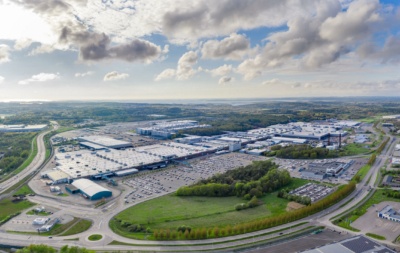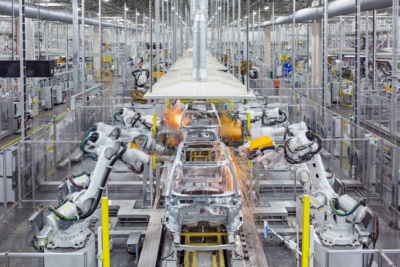Water infrastructure
Water is the world’s most valuable and vital resource
It is at the very core of thriving ecosystems, food and energy production. However, billions of people people—mostly in rural areas— around the world still lack access to safely managed drinking water and sanitation services.
Pressure on the water infrastructure
Climate change has an increasing impact on underground water management infrastructure. On a larger scale, the need to address this has ushered in strategies such as sustainable urban drainage systems, with retention systems that hold and release surplus water in a sustainable way.
Breaks, leaks and outdated water networks in the urban areas
Leaky sewers can cause significant disturbance: structural and environmental damages, as well as ground water contamination are the most common ones.
A great threat of sewage to structural integrity is when moisture reaches the building’s steel frame, which is part of the structure’s foundation. The metal will rust and swell, jeopardizing the structure of the buildings.
Leaky sewers have to be considered as potential sources for water contamination and harm huge amounts of wildlife. Furthermore, leaking can cause untreated sewage to enter rivers and other water sources, causing environmental degradation.
Contamination of ground water can result in poor drinking water quality, loss of water supply, degraded surface water systems, high cleanup costs, high costs for alternative water supplies, and/or potential health problems.




